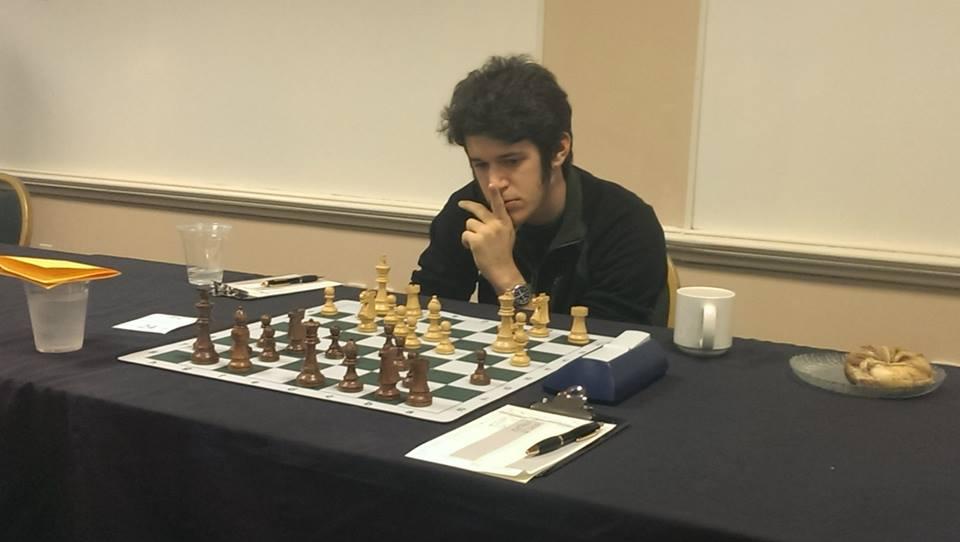
Holding on - A Learning Experience
When I was a kid, I played pretty sharp chess and by putting quick pressure on opponents, did OK. However, when I didn't get an early initiative I often collapsed. I had a few too many games where as soon as I realized my position was bad, I would find the next available piece sacrifice to try to complicate the game. Occasionally it worked, but more often than not it looked like this.
As an adult player, I've dialed down the needless aggression. I've realized that often the only thing more frustrating than trying to save a bad or losing position is to struggle to win what you think should be an easily won game. Here are a couple more recent games of mine that demonstrate some chess survival techniques.
1. Avoid the Immediate Loss
This one should be obvious, but it takes a lot of calculation and the ability to swallow some pride to prefer an ugly move to an unsound one.
2. Keep Your Pieces Active
Activity is nearly always a big deal in chess and can make up for a lack of material. I showed a few key examples of this in a previous post here: http://www.chess.com/blog/NMKane/all-rook-endgames-are-drawn-but-it-can-take-a-miracle
3. Make Any Decisive Variation Double Edged
4. Head for a Known Draw
Techniques 3 and 4 were both key in my highest rated tournament draw to date. I was losing for most of this game, but I never completely collapsed and provided my opponent mostly sharp and at least somewhat risky paths to a winning position. He quite reasonably avoided these lines and maintained a safer, if not quite completely decisive advantage. However, by avoiding the most complicated lines, he overlooked his best opportunities to end the game.
Eventually, I was able to trade enough pieces to reach an opposite colored bishop endgame and hold the draw. Even in bad positions it's helpful to have a destination in mind. Sometimes this is a stalemate or perpetual check. Other times it involves reaching a known draw like rook and knight against rook without any pawns.
Here's the game with some commentary and apologies to my strong opponent for showing him on what wasn't his best day.
I hope this was helpful for some of you. Feel free to post any of your defensive ideas or best saves in the comments. I'm not sure what I'll be writing about next so I'm open to suggestions.
